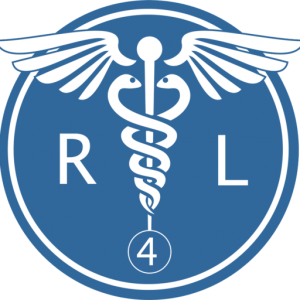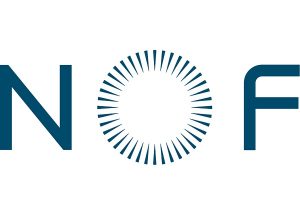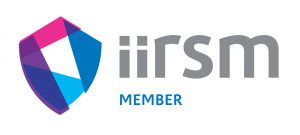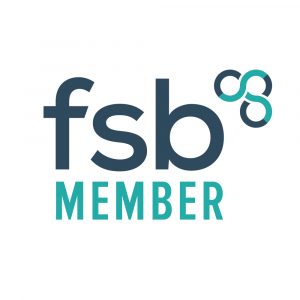Public Health Minister, Steve Brine has commissioned research to be carried out by Public Health England into the numbers of people struggling with addiction to prescribed drugs to avoid the kind of endemic problems we have seen in other countries.
The problems we have seen in the United States have proved a warning sign. For a few years now the UK has been showing a similar correlation in the numbers of drugs being prescribed and the levels of addiction to the drugs themselves as over the last decade prescriptions in anti-depressants have increased by more than 100% across England. This preemptive action can only be considered a positive sign in the fight to avoid an opiate crisis on the same scale as the US, the likes of which have never been seen.
“We know this is a huge problem in other countries like the United States, and we must absolutely make sure it doesn’t become one here,” Said Brine.
The Numbers
The statistics from the US prove to be a strong reminder of why this action is so necessary. In 2013, the cost of medical care and substance abuse treatment for opioid addiction and overdose was an estimated $78.5 billion, according to a report in the journal Medical Care. During 2015, there were 52,404 overdose deaths in the United States, including 33,091 (63.1%) that involved an opioid. That’s an average of 91 opioid overdose deaths each day. The International Narcotics Control Board reported that in 2015, Americans represented about 99.7% of the world’s hydrocodone consumption, and its been estimated that around 80% of people who use heroin first misused prescription opioids
What is being done?
An effort to put the brakes on the numbers of people becoming addicted to these drugs has now begun after figures suggesting 1 in 11 people treated by the NHS were being prescribed drugs that can induce dependency.
The research commissioned will look into the effects caused by dependancy and withdrawl on prescription drugs including:
- Antidepressants
- Benzodiazepines (Valium, Xanax, etc.)
- Opioid Painkillers
- Pregabalin
- Gabapentin
- Z-Drugs (similar to Benzodiazepines used to treat insomnia)
Public health England has been asked to provide an outline of what it believes the government and the NHS should do to stop the addiction problem spiralling out of control. The British Medical Association has also advised a helpline should be implemented to support those currently struggling with addiction and to provide urgent advice.
A different perspective
The Royal College of GP’s has posed a different perspective, Prof Helen Stokes-Lampard, the college’s chair, said “Many addictive medications, when prescribed and monitored correctly, and in line with clinical guidelines, can be very effective in treating a wide range of health conditions. But all drugs will have risks and potential side-effects,”
“It is important not to automatically jump to the conclusion that more drugs being prescribed is always a bad thing. Advances in medical research mean that more medications are constantly becoming more available for patients, and they can increasingly be used to improve their health, and the nature of our NHS is that these medications are available to anyone who could benefit from them,” she added.
“We know most patients would rather not be on long-term medication and where appropriate we will explore non-pharmacological treatments, but these – and this is particularly so for psychological therapies – are often scarce at community level,” said Stokes-Lampard.
The findings of the report are expected to be delivered in early 2019 for the government and NHS to decide on how to implement the recommendations and try to bring the growing problem of prescription drugs to a managed state where people receiving them will be supported and reviewed regularly to reduce issues and concerns around addiction.
From our own experiences we have seen a significant increase in the number of people seeking private treatment for prescription and over-the-counter medication as well as businesses implementing medication checks for their workforce. The medication checks ensure they are staying safe in the workplace and assess the impacts that the medications they are prescribed may have on their ability to perform their day to day roles.
If you are worried about your use of prescription medication contact the person prescribing the medication for you first, usually your GP. If you or anyone you know has a problem with prescribed or over-the-counter medications please get in touch with us on 03333 448 288 or please visit the contact page.
The Recovery4Life Team
